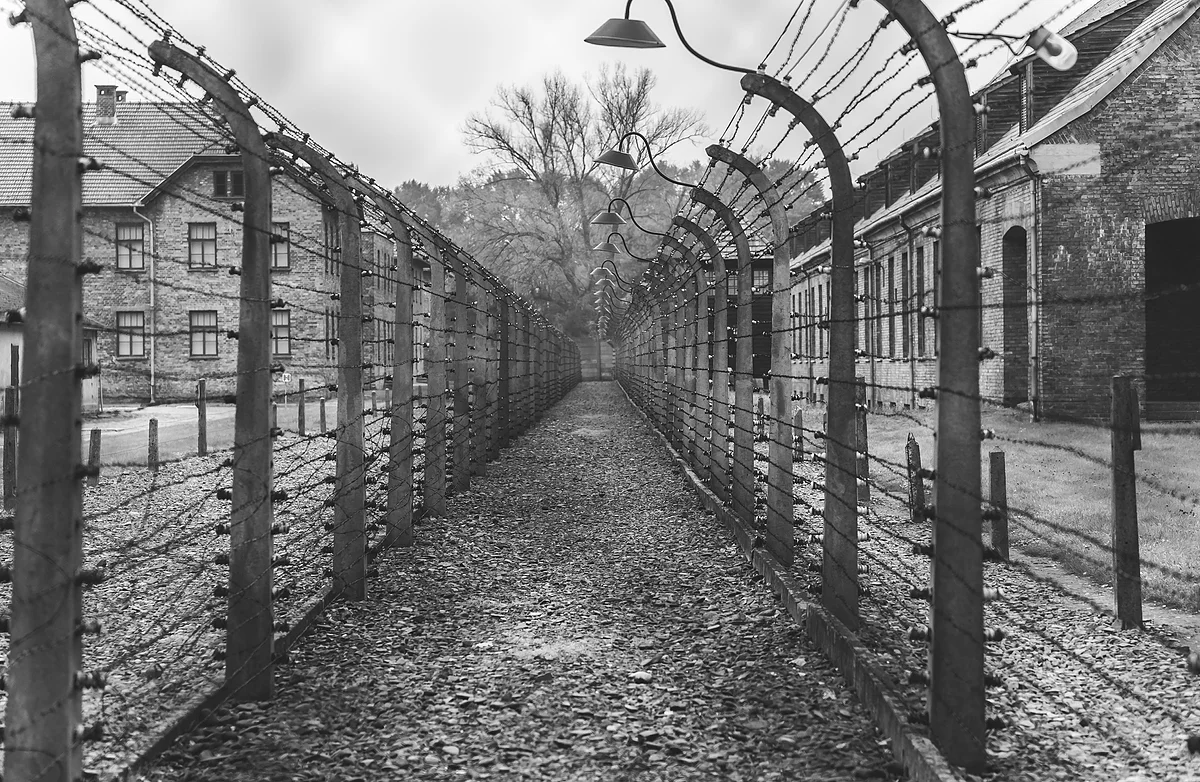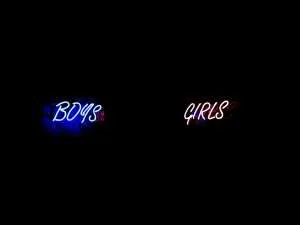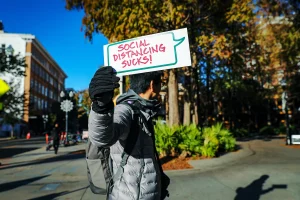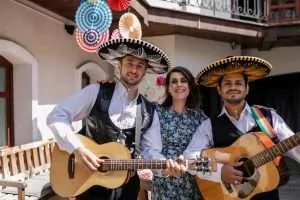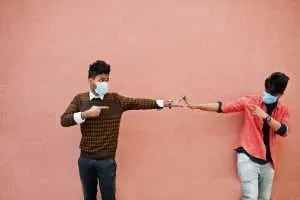Since the simple-straightforward definition of sociology, is the study of the development, structure, and functioning of human society, it is important to conduct sociological analyses of holidays such as Holocaust Remembrance Day in Germany.
History of International Holocaust Remembrance Day
International Holocaust Remembrance Day is an international memorial day on the 27th of January commemorating the tragedy of the Holocaust that occurred during the Second World War. It commemorates the genocide that resulted in the deaths of 6 million Jews and 11 million others, by the Nazi regime and its collaborators.
The horrific event happened on January 27, 1945, when soldiers of the Soviet Red Army liberated the German concentration camp Auschwitz, to the west of Kraków in southern Poland. Since 1940, people had been tortured, tormented and murdered there: Jews, above all, as well as Poles, Sinti and Roma, Soviet prisoners of war and prisoners of other nationalities.
Establishment of International Holocaust Remembrance Day
In order to forge ahead respect, empathy and recognition for the horrific event, in 1996, the German President of the day, Professor Roman Herzog, declared the 27th of January a National Day of Remembrance. Since then, a ceremony of remembrance has been held each year at the Bundestag, with those who witnessed the Holocaust first-hand invited to give speeches.
On a wider note, each year on the 27th of January, many countries in the world remember the most horrific events in sophisticated history. This horrific and tragic event is known as the Holocaust. The holocaust occurred during WWII when Nazi Germany killed millions of innocent victims in Germany. The day is widely known as Holocaust Remembrance Day, set as a day to reflect on the historical incidence.
Nazi Germany is one of the evilest regimes that ever existed in the history of Germany. They persecuted and killed millions of people in just under four years. One group in particular that most devastatingly suffered were those of the Jewish faith. It is indeed believed that six million Jews were killed during the Holocaust. The Nazis’ persecution of the Jews became a genocide.
Genocide in Germany
Genocide occurs when those of a particular ethnic group is deliberately killed. However, the Nazis killed more than just Jews. Hundreds of thousands of other groups of people died under the evil regime. These included: 7 million Soviet civilians, 3 million Soviet prisoners of war, 1.8 million Polish civilians, 312,000 Serb civilians, up to 250,000 people with disabilities, up to 250,000 Gypsies, around 1,900 Jehovah Witnesses and possibly thousands of LGBTQ folks.
Most Jews died in concentration camps. The most notorious concentration camp is Auschwitz, where approximately one million Jews died. While some of the Jews in the concentration camps died from disease or starvation, others died in the gas chambers. Other groups of people were forced to live in ghettos where they died of sickness or starvation. Still, others were rounded up, shot, and buried in mass graves.
Holocaust in Contemporary Media
Many famous books and movies have been produced about the holocaust. One of the most famous books is Anne Frank: The Diary of a Young Girl. The book is a real-life account of the two years that Anne Frank and her Dutch family hid from the Nazis. The family was discovered and deported to a concentration camp. Anne was 15 years old when she died in the camp from typhus. Other books include The Hiding Place by Corrie Ten Boom, The Boy in the Striped Pajamas by John Boyne, and Born Survivors by Wendy Holden. Movies include Schindler’s List, The Reader, Denial, and The Devil’s Arithmetic.
There are many other works, such as theater productions, music, and poetry. Many of the works were created by victims and survivors of the Holocaust. Other works commemorate the many heroes who helped save thousands of Jews and other victims from certain death.
How The Remembrance Day is Observed
Many events are held throughout the world to commemorate this solemn day. The United Nations hosts a Holocaust memorial ceremony. The ceremony includes testimonies by Holocaust survivors, special music, and memorial prayers. There are also photographic exhibits, panel discussions, film screenings, and book signings. Sadly, there are some that try to deny the Holocaust ever happened. This is one more reason to take part in this day. If the holocaust is forgotten or denied, it will be easier for history to repeat itself. Share this day on social media with #HolocaustRemembranceDay or #NeverForget.

